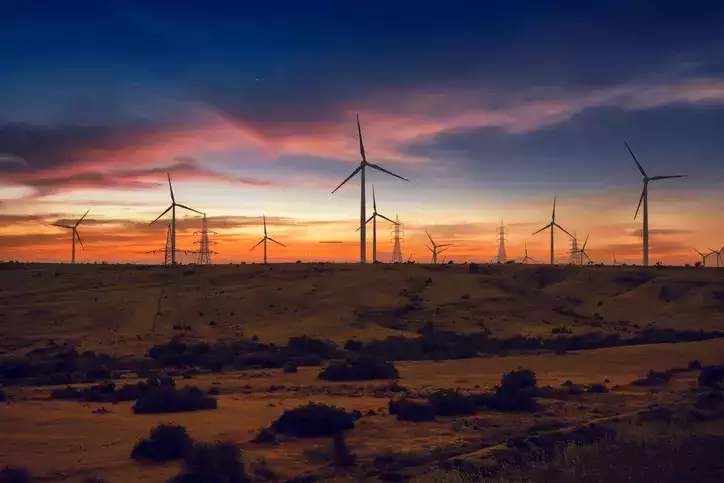

fetching latest news
News tagged in:

India's offshore wind sector has gained momentum as a result of the Prime Minister's announcement of net-zero targets at the last UN climate change summit(COP26). At the summit, India also announced its increased ambitions of installing 500 GW of non-fossil-fuels-based power generation capacity by 2030, inclusive of 30 GW offshore wind capacity.
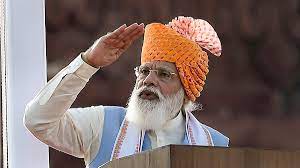
India is the only country in the group of G-20 countries which is moving fast towards achieving its climate goals, Prime minister Narendra Modi said on Sunday, asserting that it is giving equal emphasis to environmental security as to national security. Modi said India has also made a move towards electric mobility and the work on 100 per cent electrification of the railways is also progressing at a fast pace. The Indian Railways has set a target of becoming Net Zero Carbon Emitter by 2030. Along with all these efforts, the country is also emphasising on Mission Circular Economy, he said.
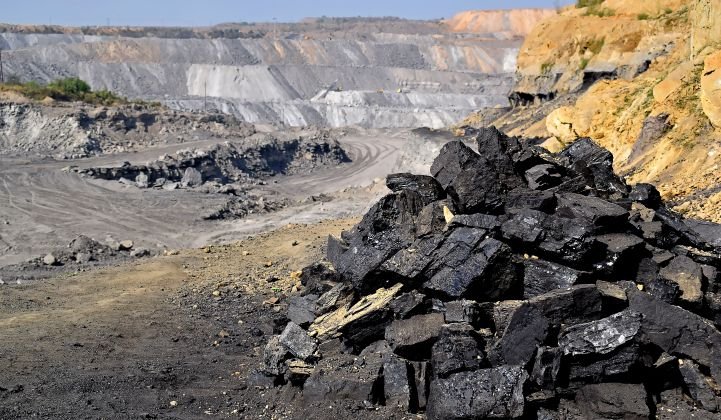
State-owned enterprise Coal India is the largest coal mining company worldwide. In 2019, the states of Gujarat and Chhattisgarh, announced that they will not build any new coal generating facilities. India's Ministry of Power appeared to backtrack last month on commitments to shutter existing coal facilities by proposing to allow relinquished plants to continue selling power.
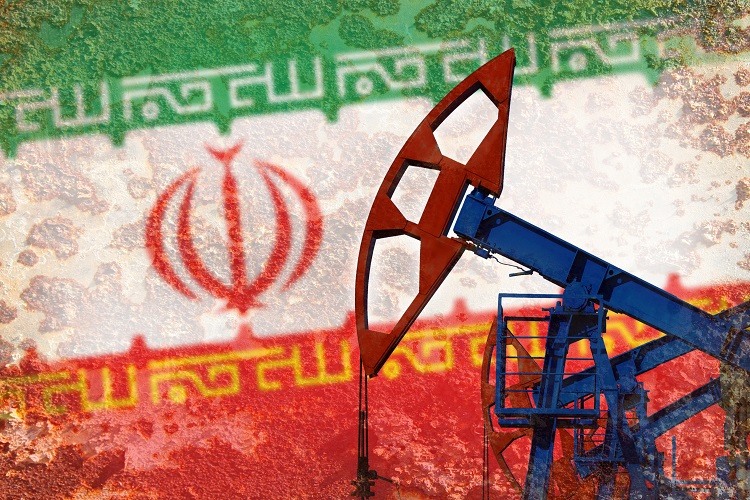
A day after Iranian President Rouhani said about not talking to the US unless sanctions were lifted, India’s Modi met him to discuss the progress of Chabahar port. The two country heads met along the sidelines of the 74th UN General Assembly session, currently underway in New York. India halted all orders for Iranian oil after May 2, after U.S. sanctions kicked in last November.
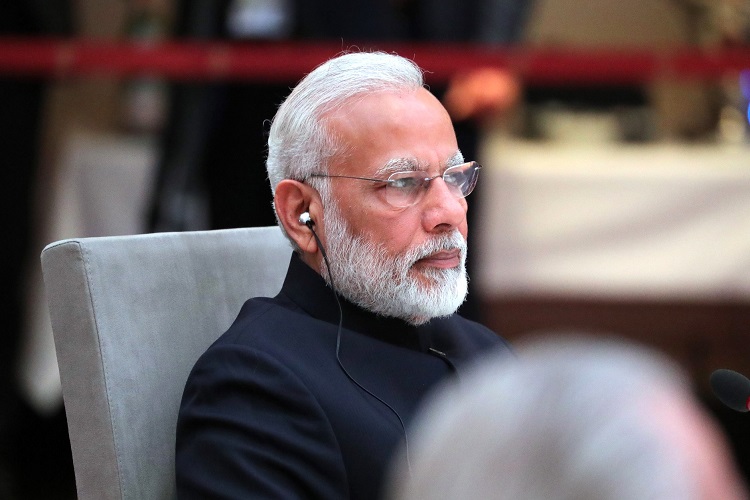
The Bill and Melinda Gates Foundation, today, conferred the Prime Minister of India with the Global Goalkeeper Award for his government’s actions on sanitation, involving the Swachh Bharat Abhiyan. Receiving the award, the Prime Minister said, “This honour is not mine but of the crores of Indians who not only fulfilled the Swachh Bharat dream but also made it a part of their daily lives,”.

In his address to the United Nations Climate Action Summit yesterday, Prime Minister Modi emphasized on taking action on climate change issues, rather than talking. The PM announced about increasing India’s renewable energy capacity to much beyond 175 GW by 2022, and later till 450 GW. He also added that the country is working towards increasing the proportion of the biofuel blend in petrol and diesel.
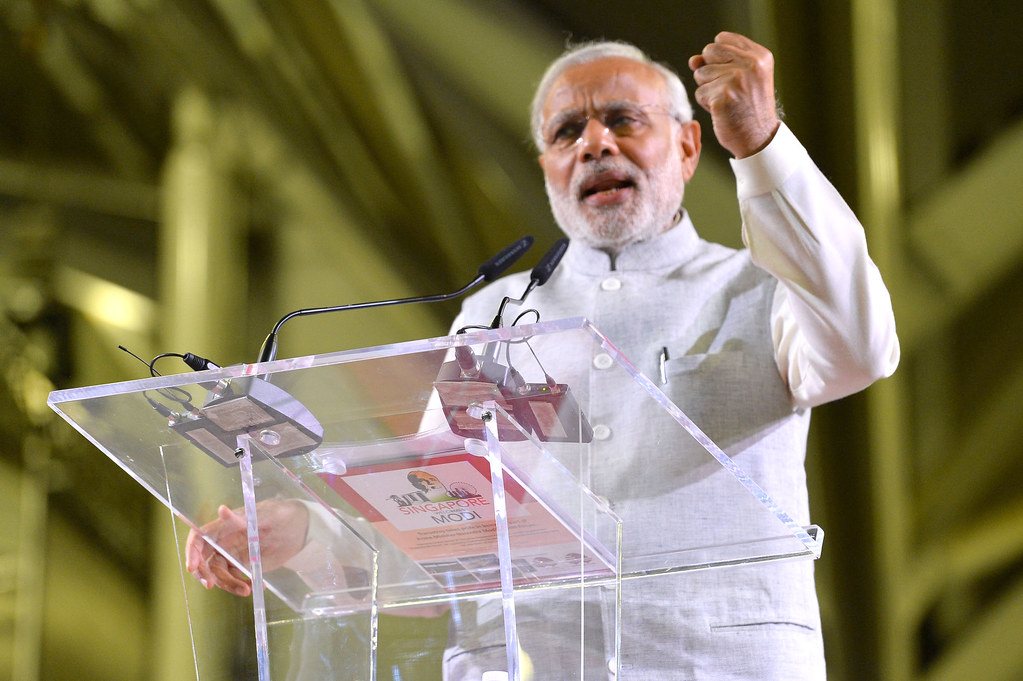
The Ministry of External Affairs, yesterday, said that Prime Minister Modi’s meeting with executives of energy sector giants remained ‘fruitful’. The Ministry informed that the meeting focused on collaboration for energy security and developing opportunities of mutual investment between India and the United States. The Prime Minister of India is on a week-long to the United States.
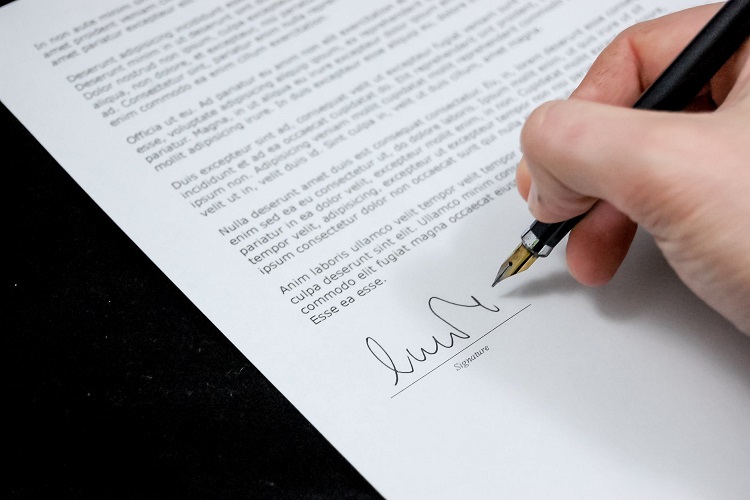
Indian LNG importer, Petronet has agreed to invest $2.5 billion in US LNG developer Tellurian Inc. Hailed as one of the largest overseas investments in the United States to ship shale gas abroad, the agreement will enable Petronet to import up to 5 mtpa of LNG every year from Driftwood. The agreement was inked in the presence of Prime Minister Modi, who is on a week-long visit to the States.
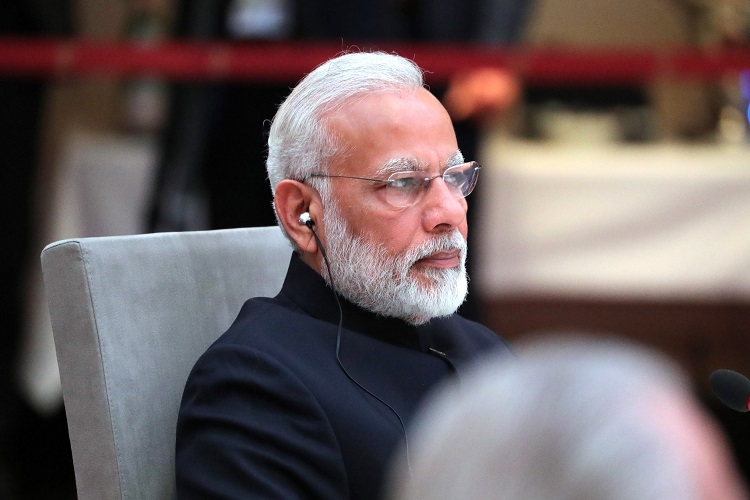
The Foreign Ministry of India, yesterday, informed about a meeting of Prime Minister Modi with executives of BP and Exxon, scheduled for next week in the United States. The Prime Minister will also meet executives from JP Morgan & Chase, Lockheed Martin, Walmart and Mastercard in a separate event. Attacks on Saudi facilities have pushed India to look at raising oil imports from Russia.
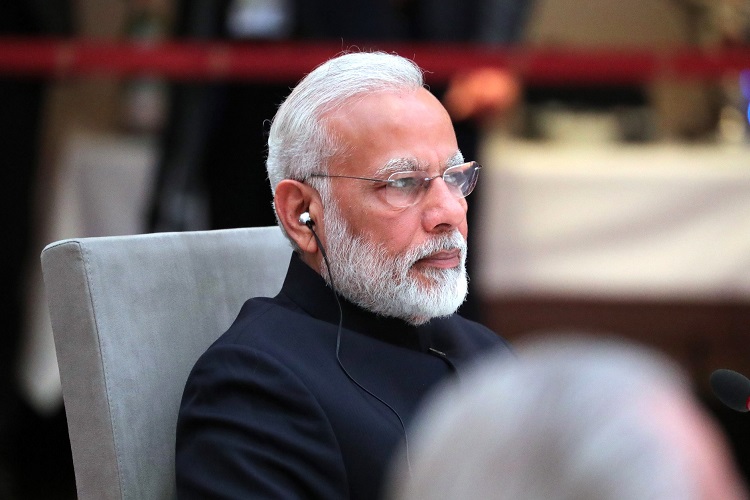
With Prime Minster Modi looking to keep the budget deficit in check, India will most probably let go of the reigns to major oil and gas firms. Atanu Chakraborty, Secretary, DIPAM in an interview on Monday said that the Government has recognized major energy firms ONGC, IOCL, GAIL as probable candidates for cutting its direct holding to below 51%. The move aims at reviving investments to ramp up economic growth.

India has registered a record jump of 6.2% in Ethanol-blending in petrol, staying in line with the Government’s strategy to achieve 10% blending percentage of ethanol in petrol by 2022. The Modi government sanctioned Rs 1969 crore to fund 2G ethanol projects over the next six years. The measures seem to have lifted the purchase of the biofuel over the years.
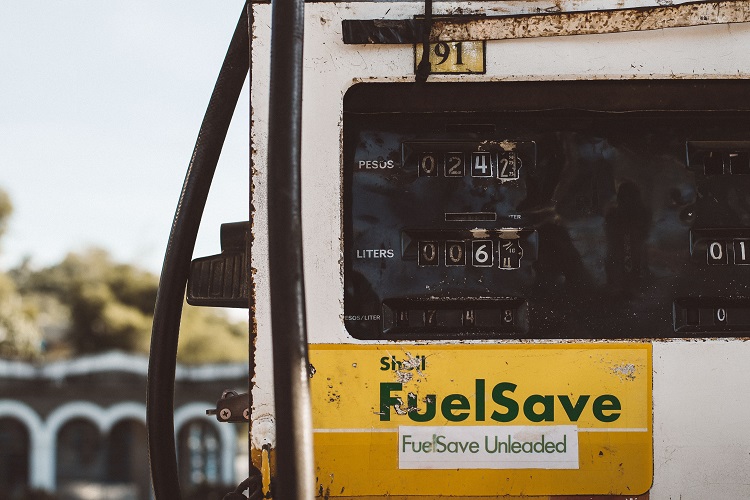
If sources were to be believed, senior government functionaries have directed state-owned oil marketing companies (OMCs) to keep the daily price movement of Diesel and Petrol in check until elections. To achieve this, a portion of the price hike in the international market will be absorbed by the country. The new move is believed to avert any resistance on the grounds of a frequent increase in fuel prices.

Indian Prime Minister, Narendra Modi and UAE Minister of States and Group CEO of ADNOC, Sultan Ahmed Al Jaber met at an invitation-only energy leaders’ roundtable. Al Jaber stressed on expanding investment and partnership opportunities, mainly in the energy sector. He said, “ADNOC is ready to work with its existing and potential new partners to meet the growing demand for energy and petrochemical products in India,”

Top oil majors from around the world will meet India’s Prime Minister today to talk about investment opportunities in the country. Executives from firms like BP, Shell, Exxon, Saudi Aramco, will also provide suggestions to the Government on how to cope with the current situation, and introducing better policy reforms to attract foreign investments. RIL’s chairman Mukesh Ambani and Saudi’s oil minister will be attending the meeting as well.
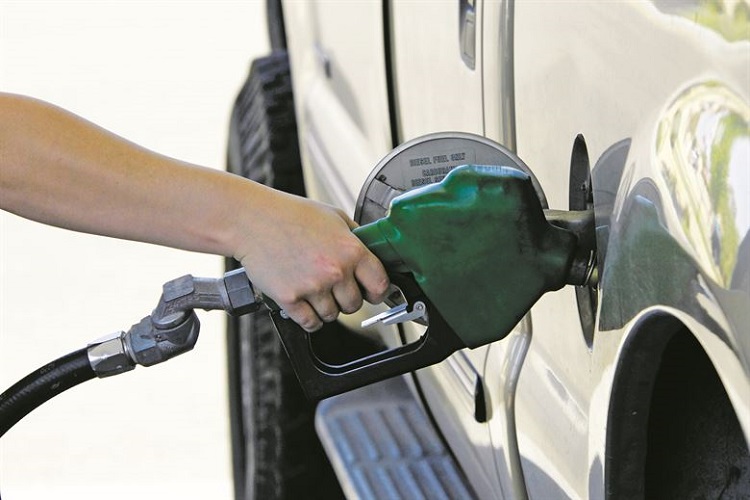
On World Biofuel Day, the Prime Minister of India yesterday envisioned an increase of three-fold ethanol production so as to save Rs. 12000 crore on oil imports. PM also informed about an investment of Rs 10,000 crore for the set-up of 12 bio-refineries in the nation for the production of fuel. India currently relies on imports to meet 81% its fuel demands.

After the Indian Government’s announcement to ban single-use plastics, 19 states across India have enforced a complete ban on the use of plastics. But the implementations have been, reportedly, facing challenges and are partially obeyed because consumers cannot find any cheap replacement of the same. The Government plans of a plastic-free country by 2022 but the main problem lies in the disposal of plastic wastes.

If sources were to be believed, India might bring jet fuel and natural gas under the GST regime. The proposal to impose a 28% tax on aviation fuel will be under consideration on July 21st when a tax panel will mull over the topic. If aviation fuels are brought under GST, airlines will find it easier to make payments as the rates will be uniform across the country.